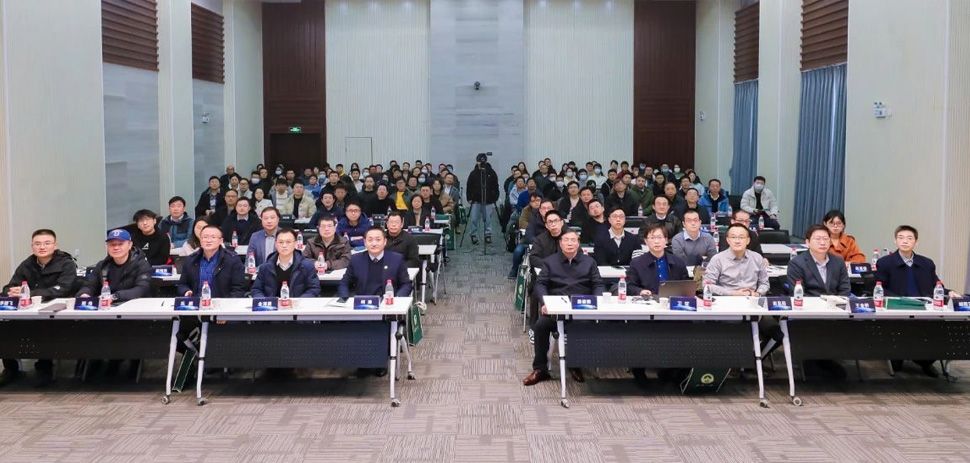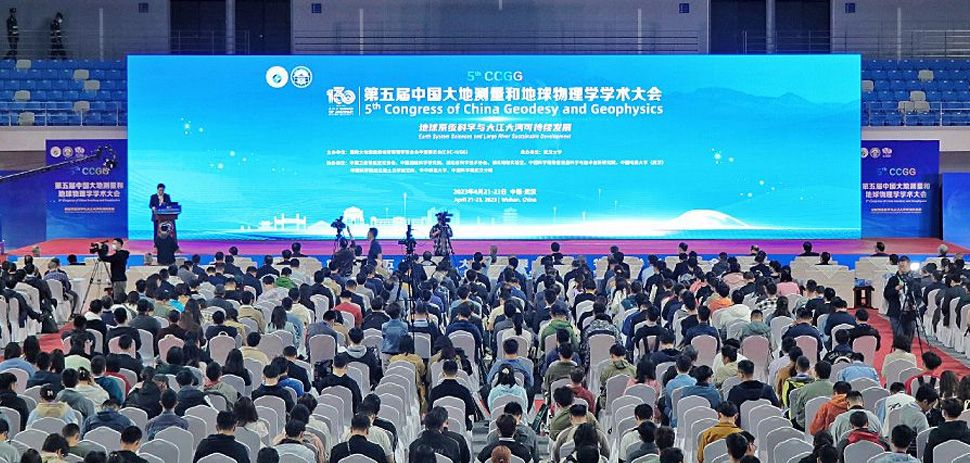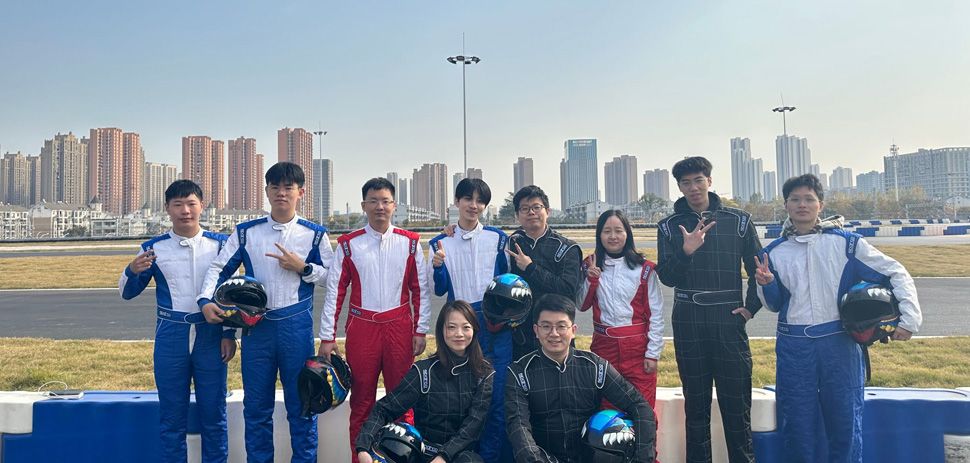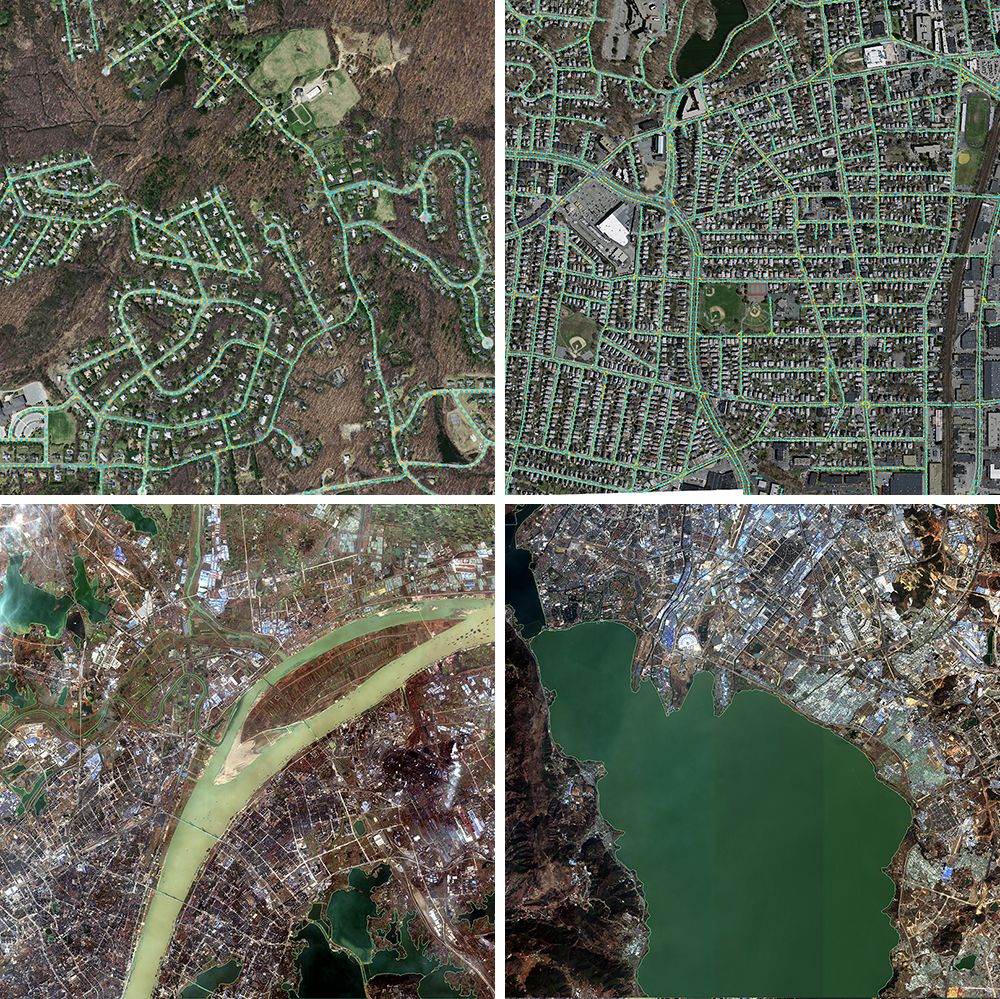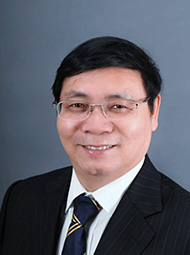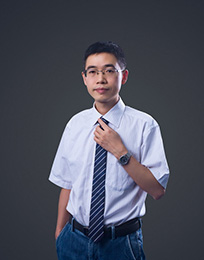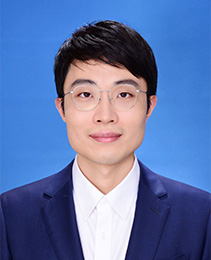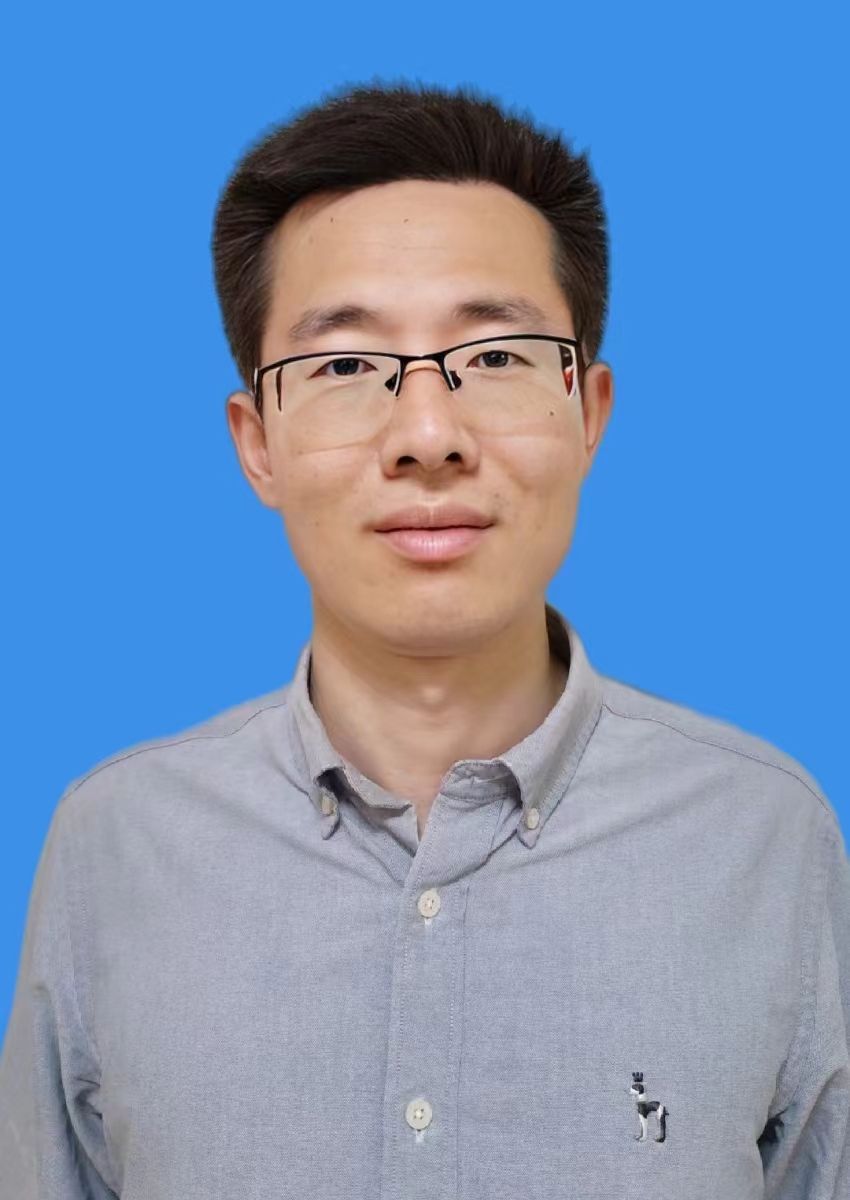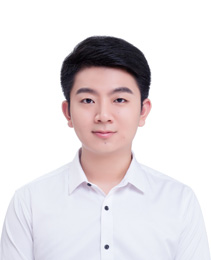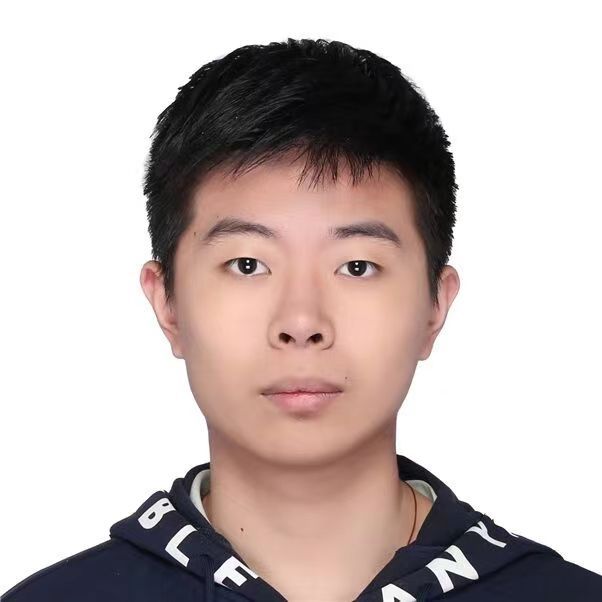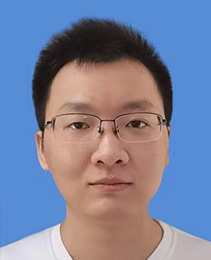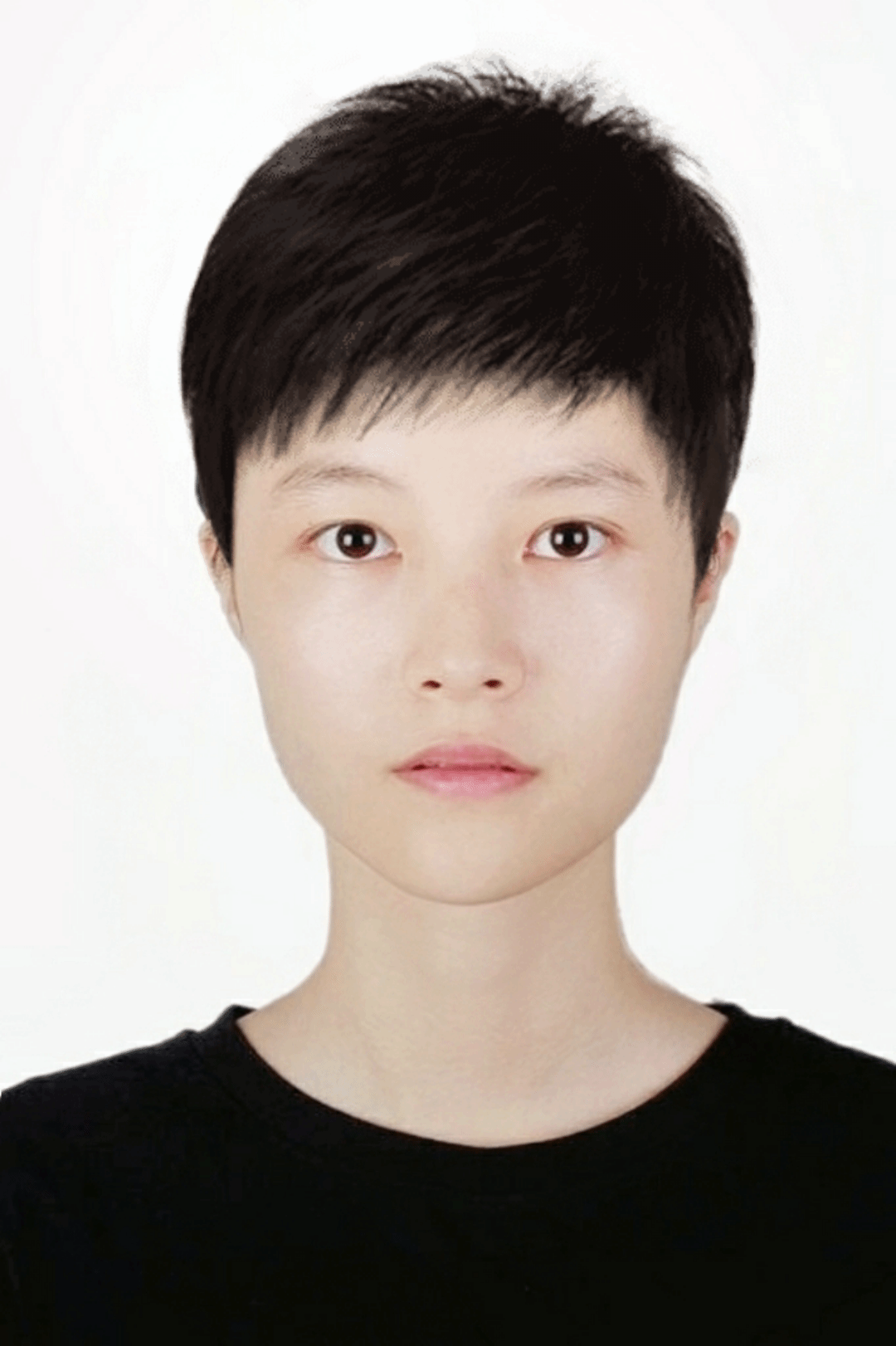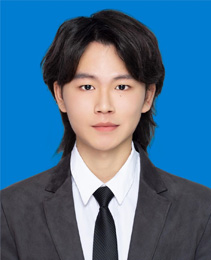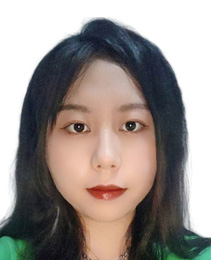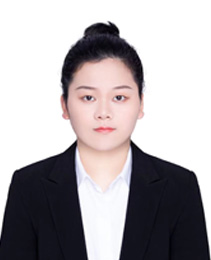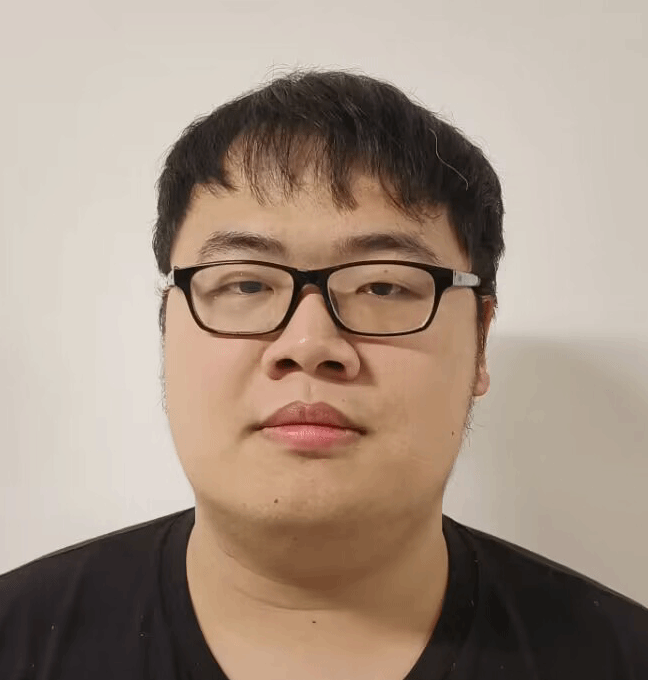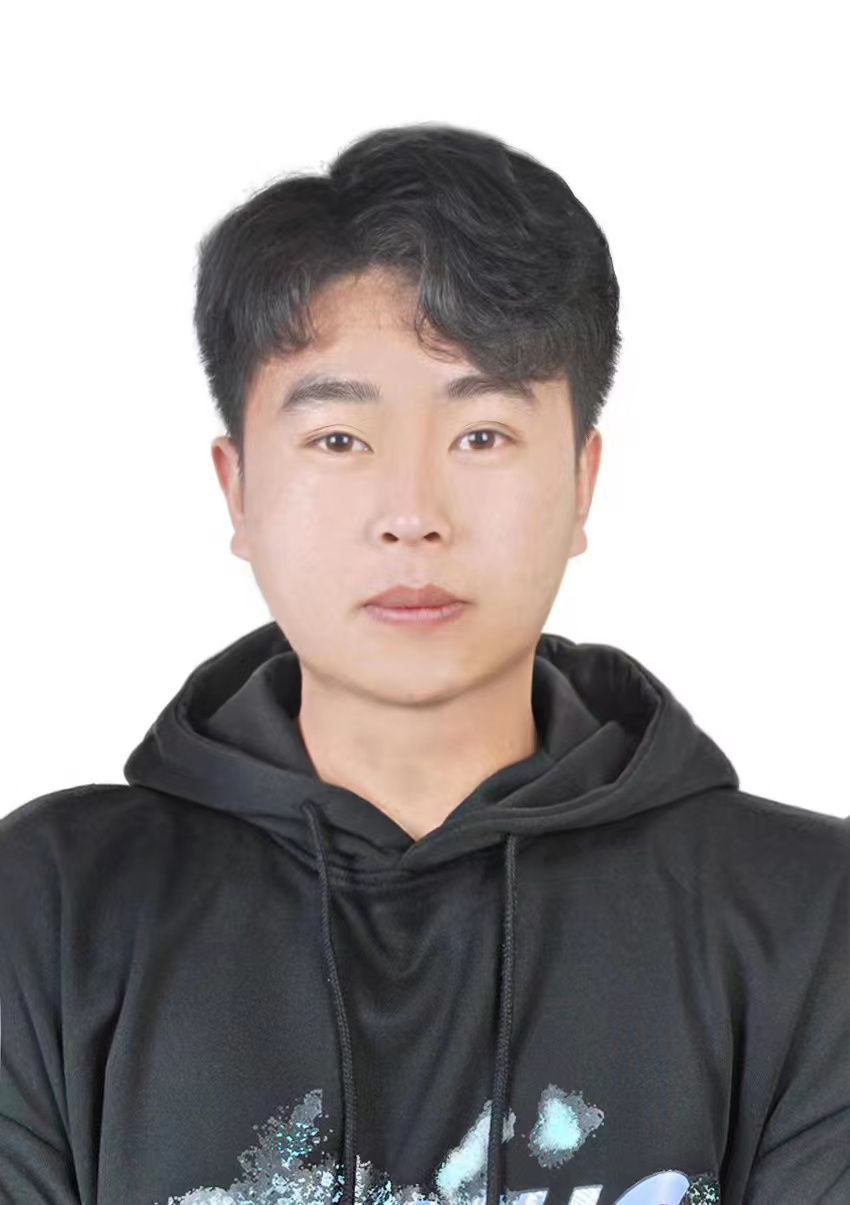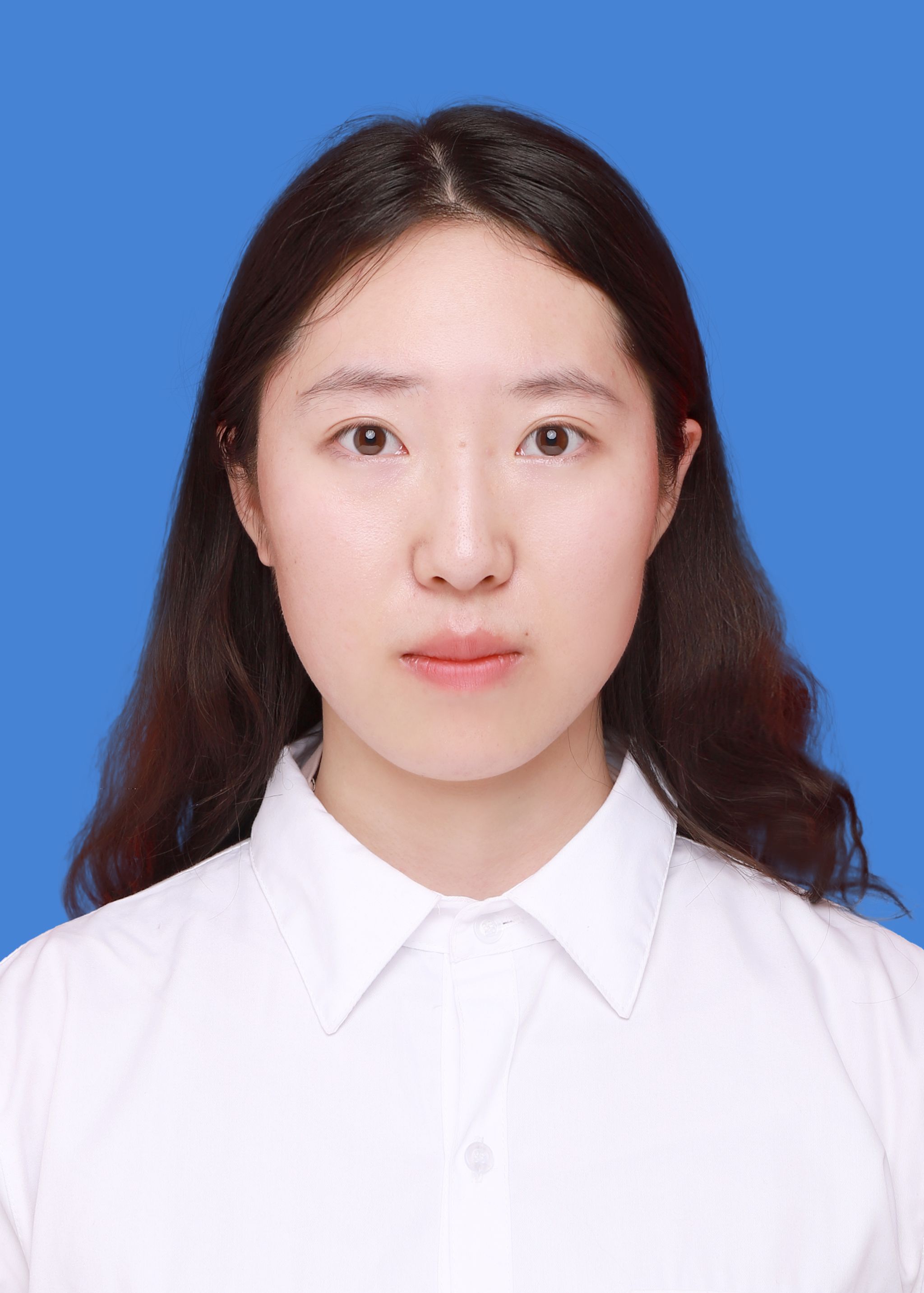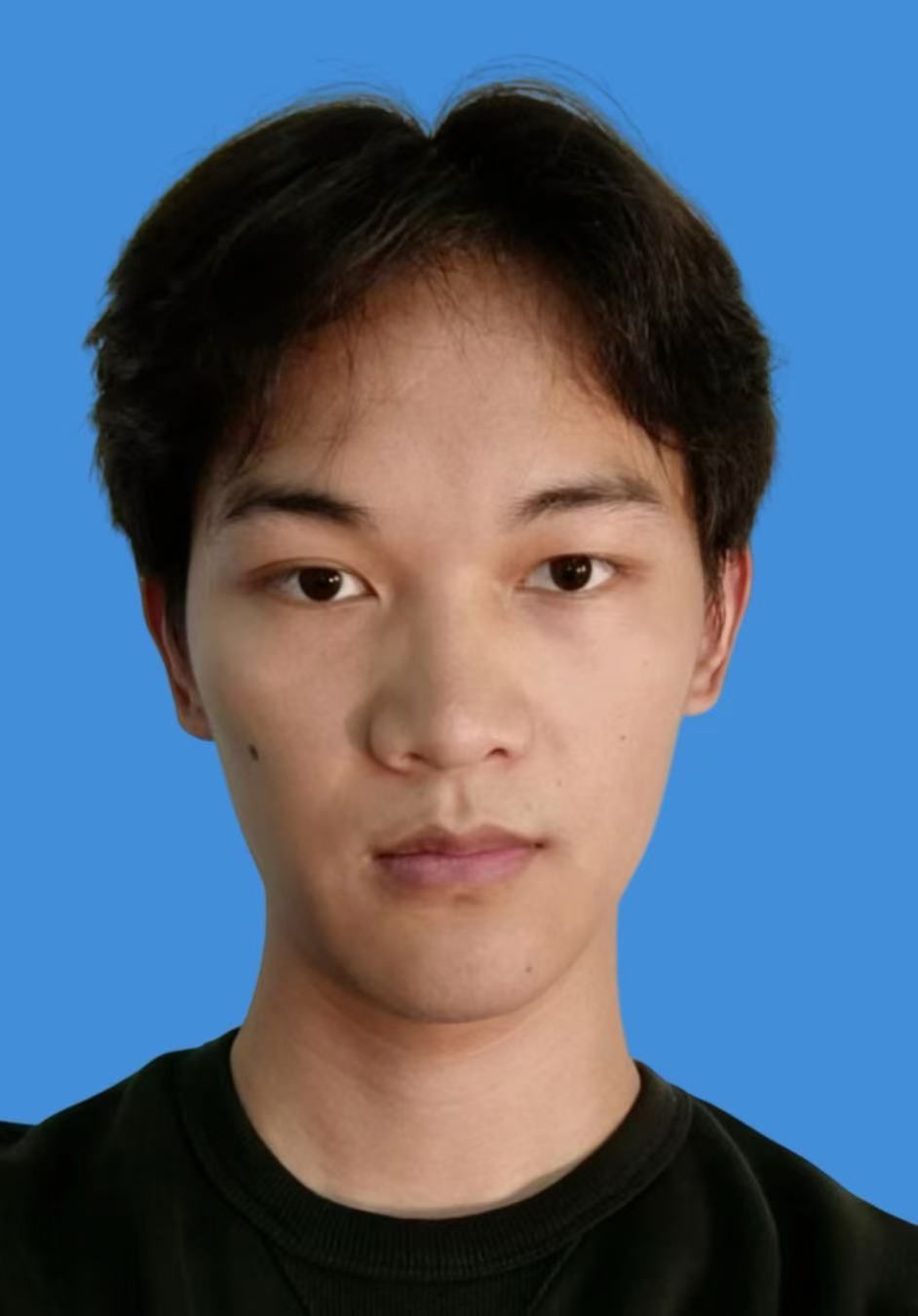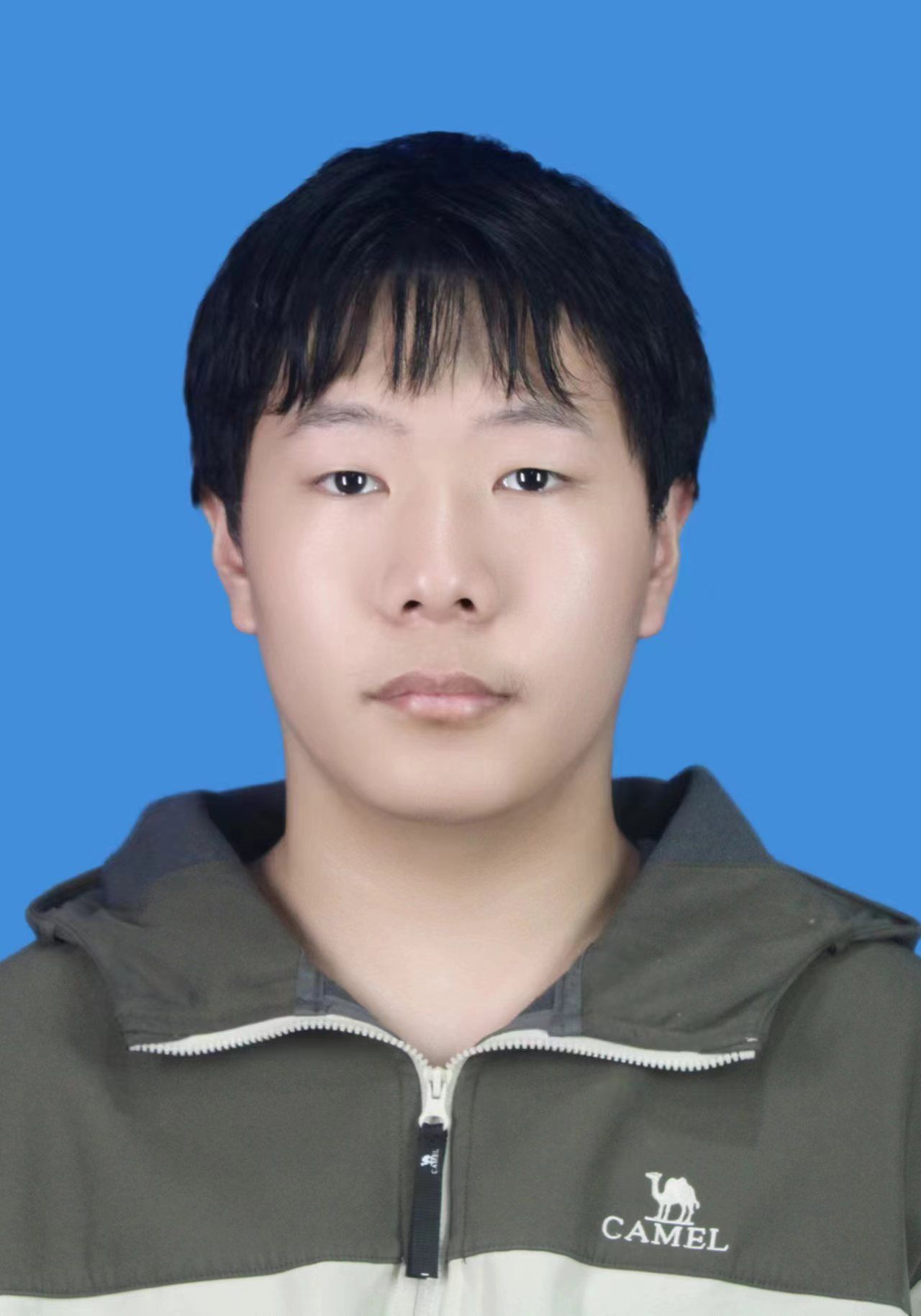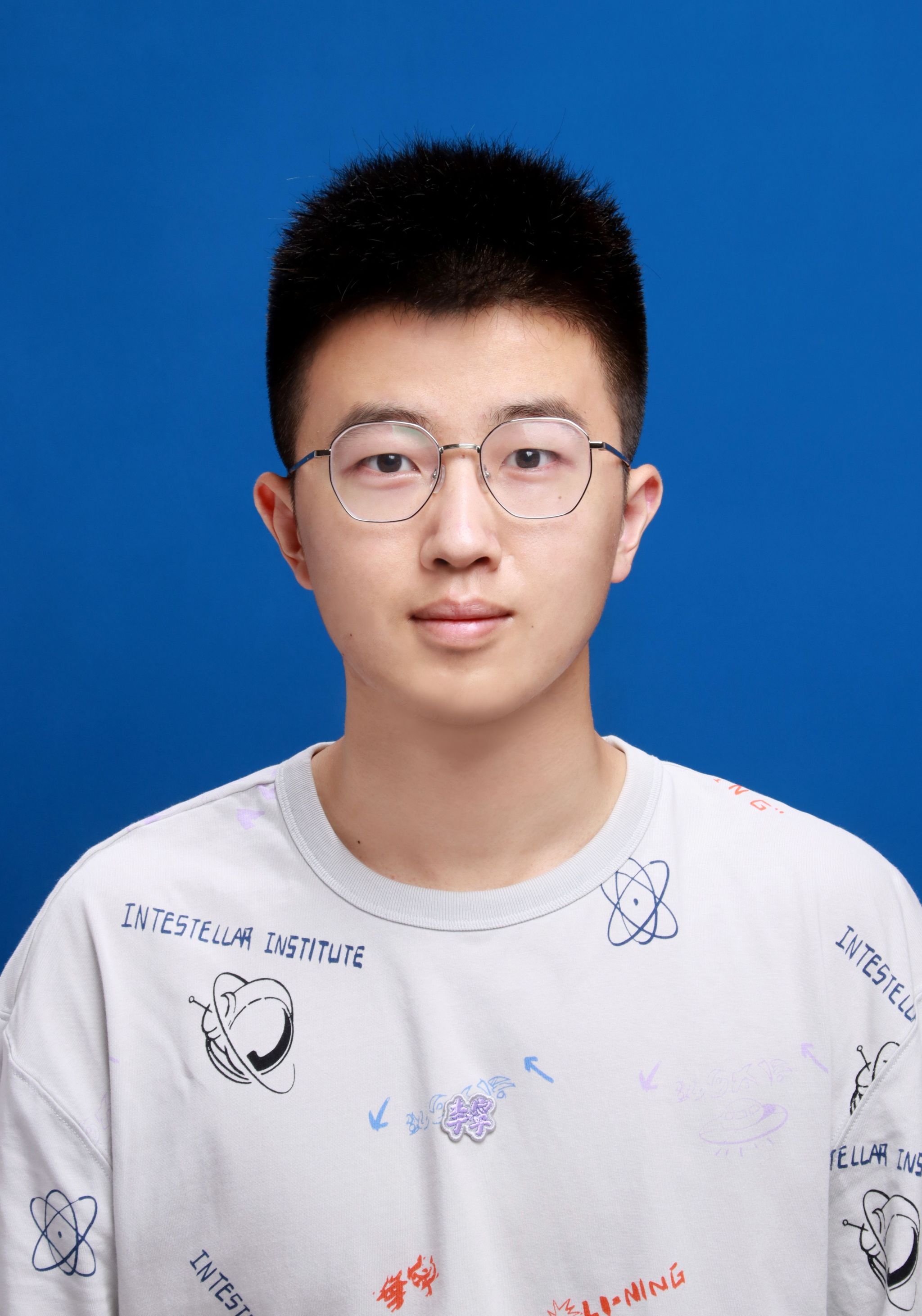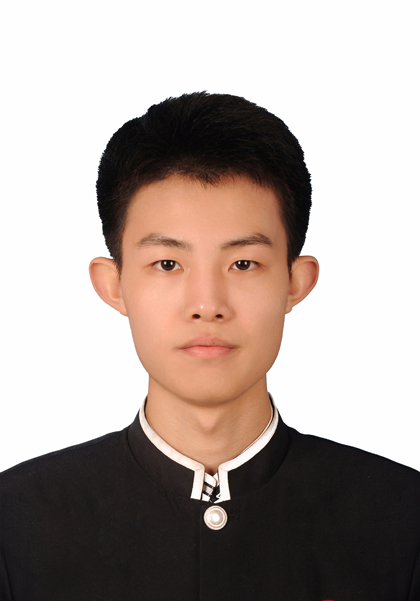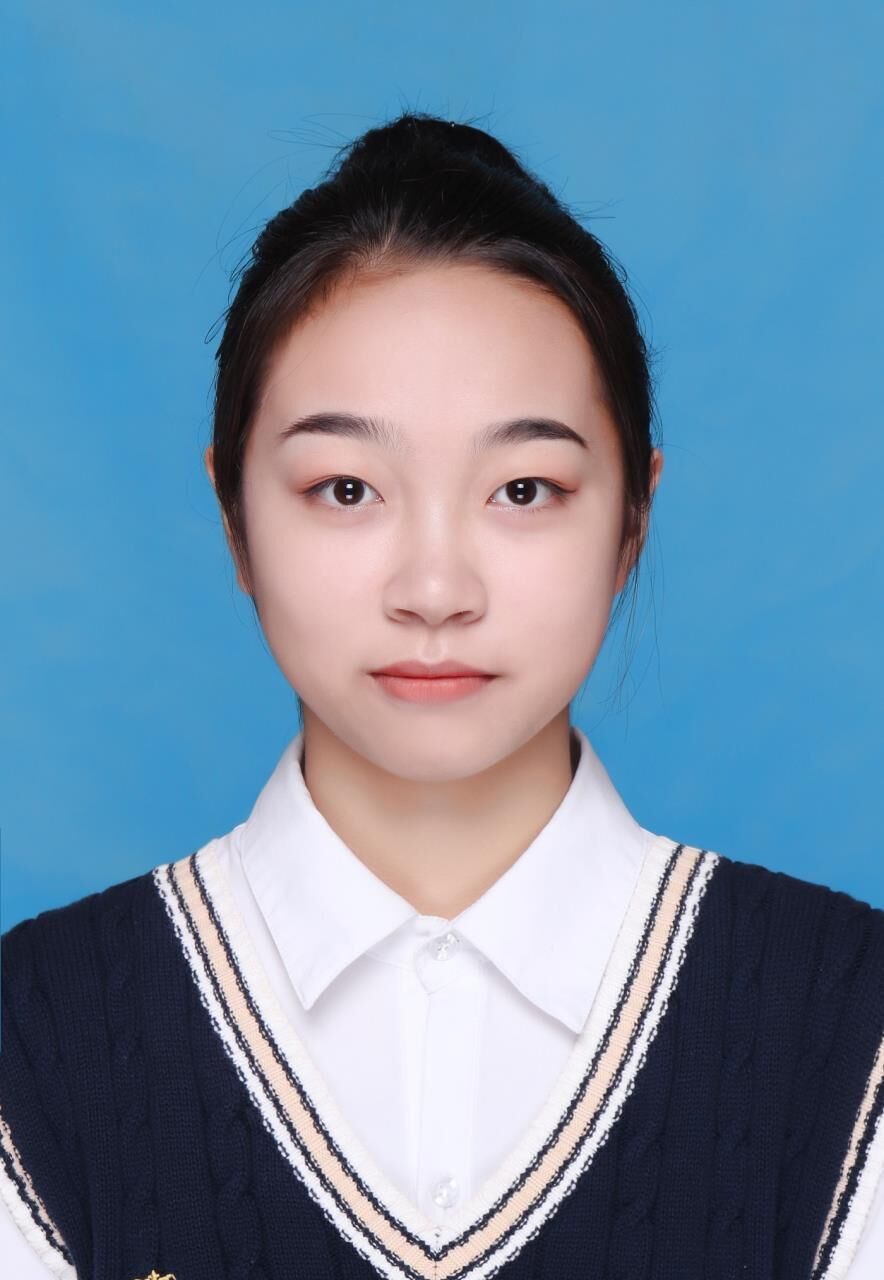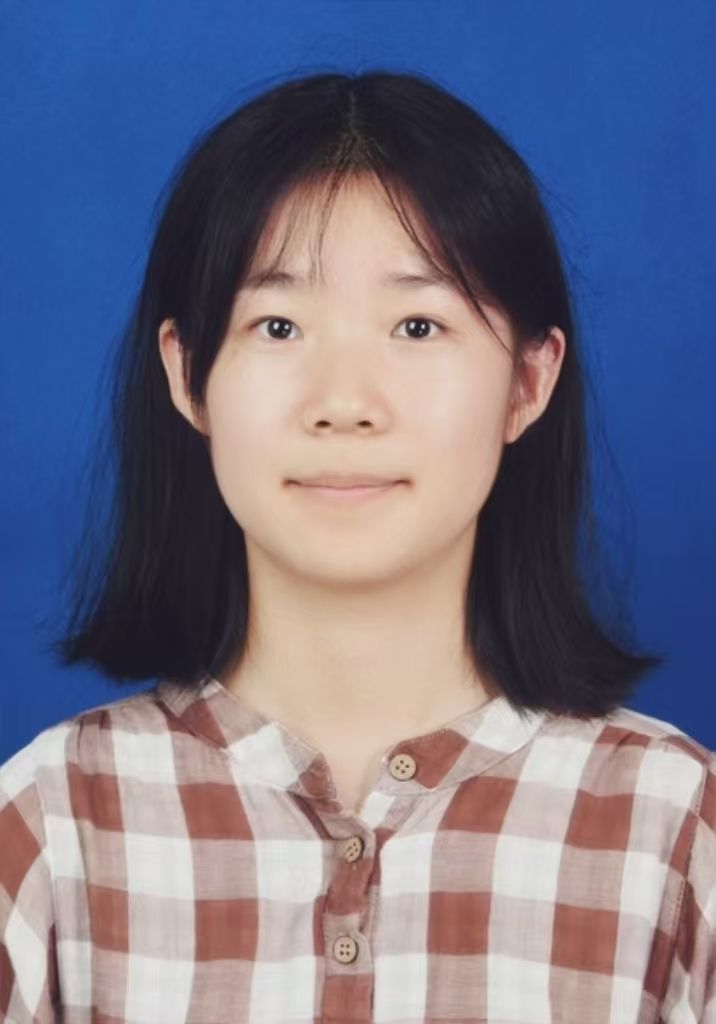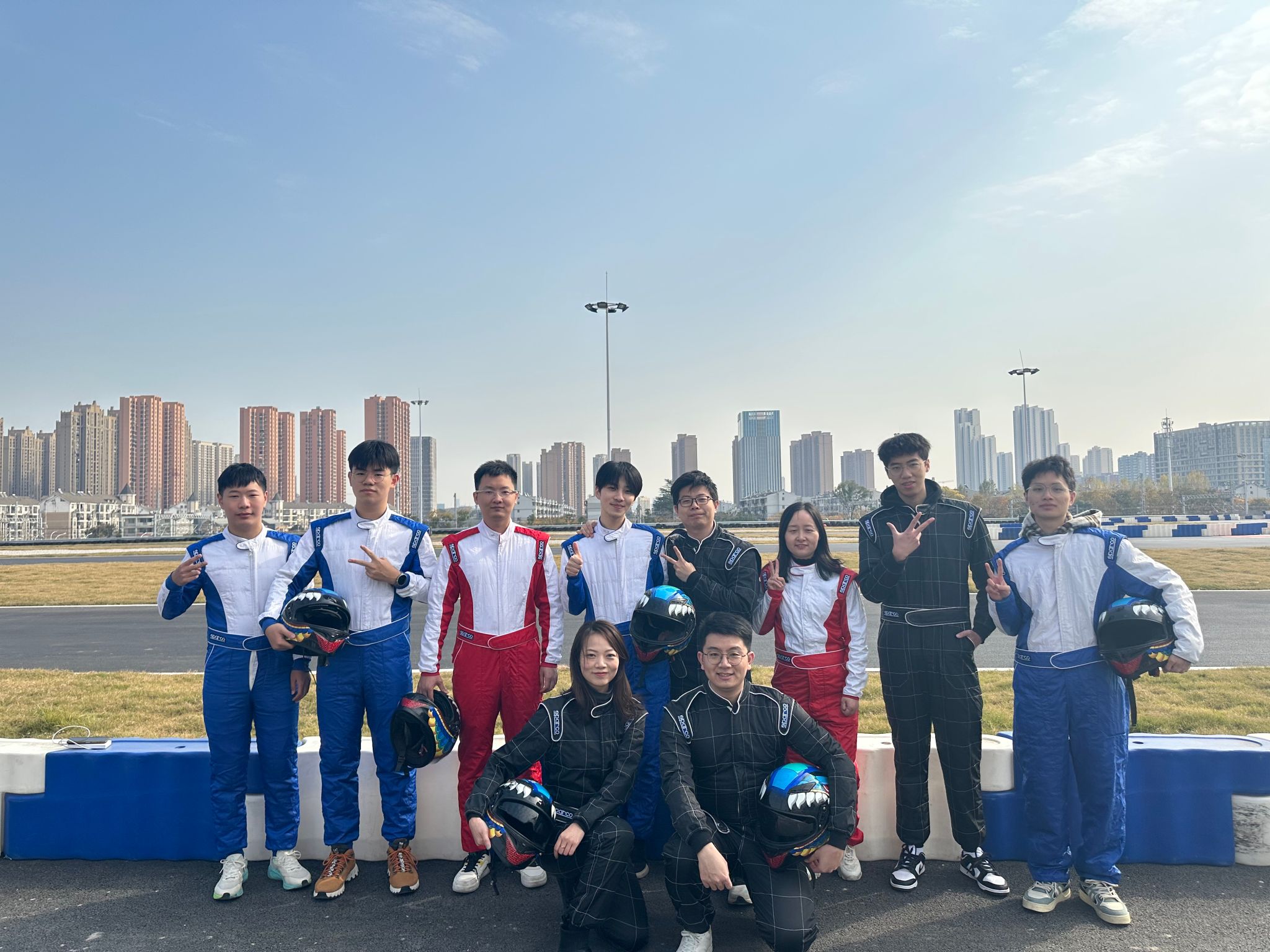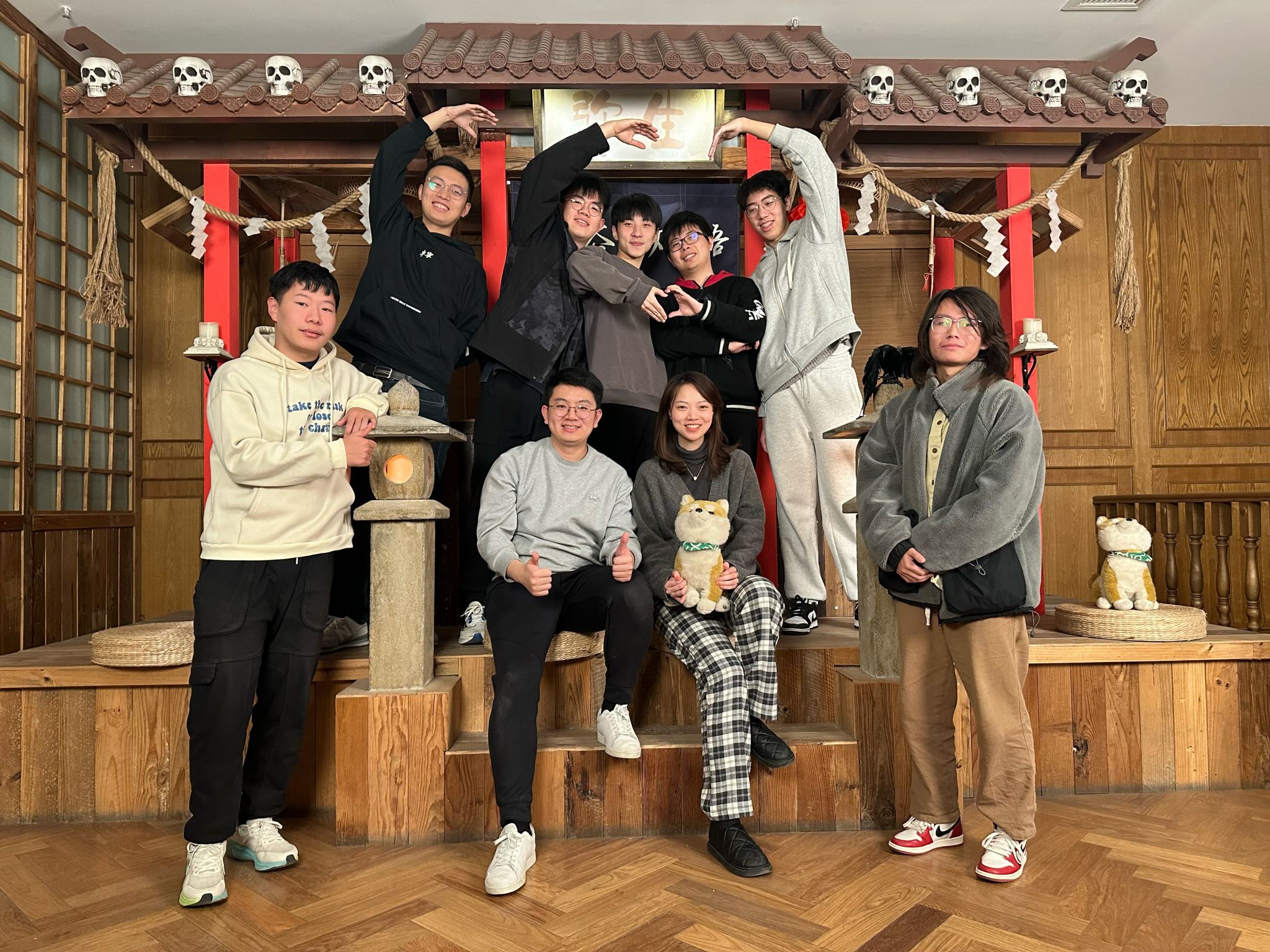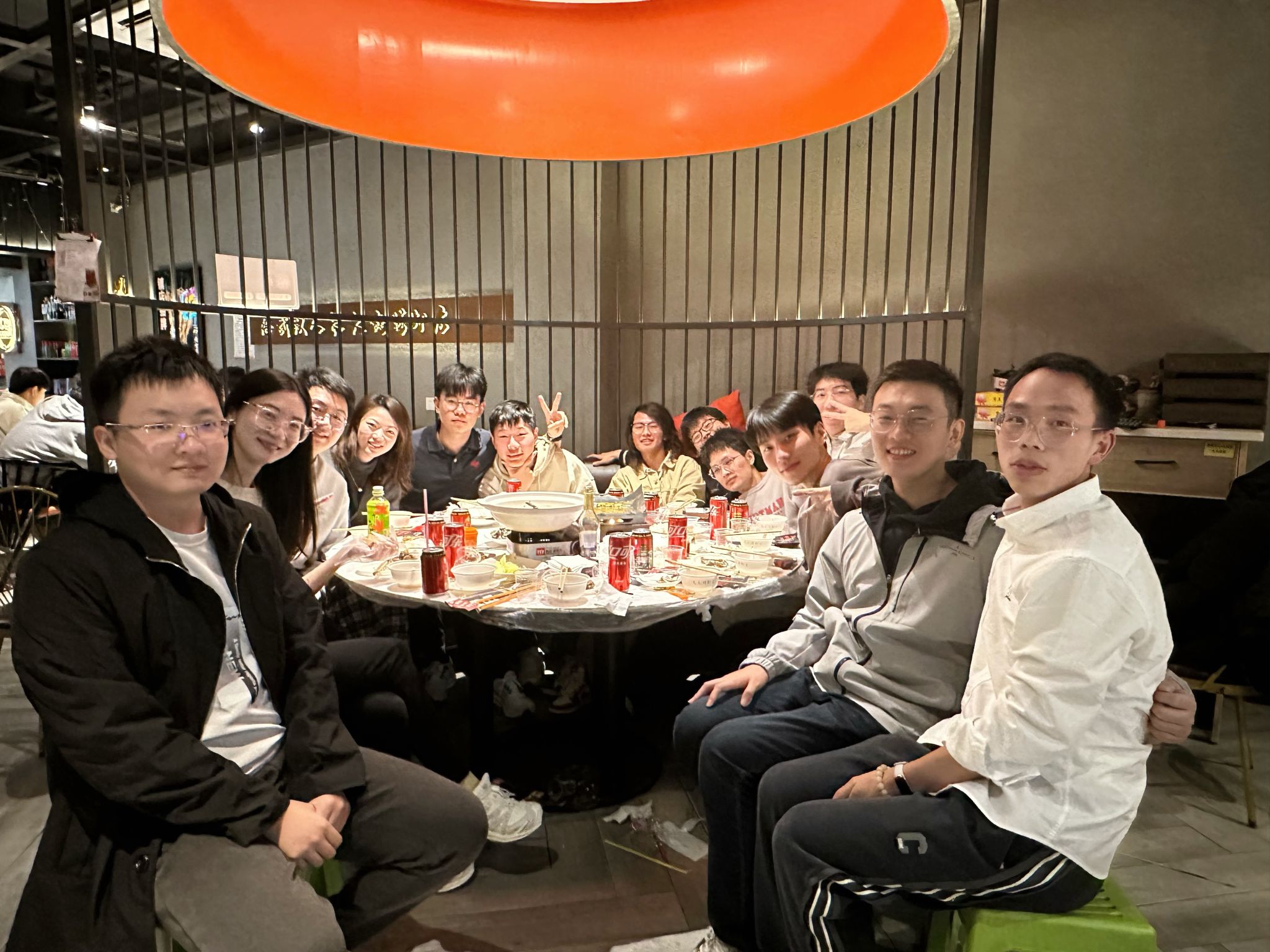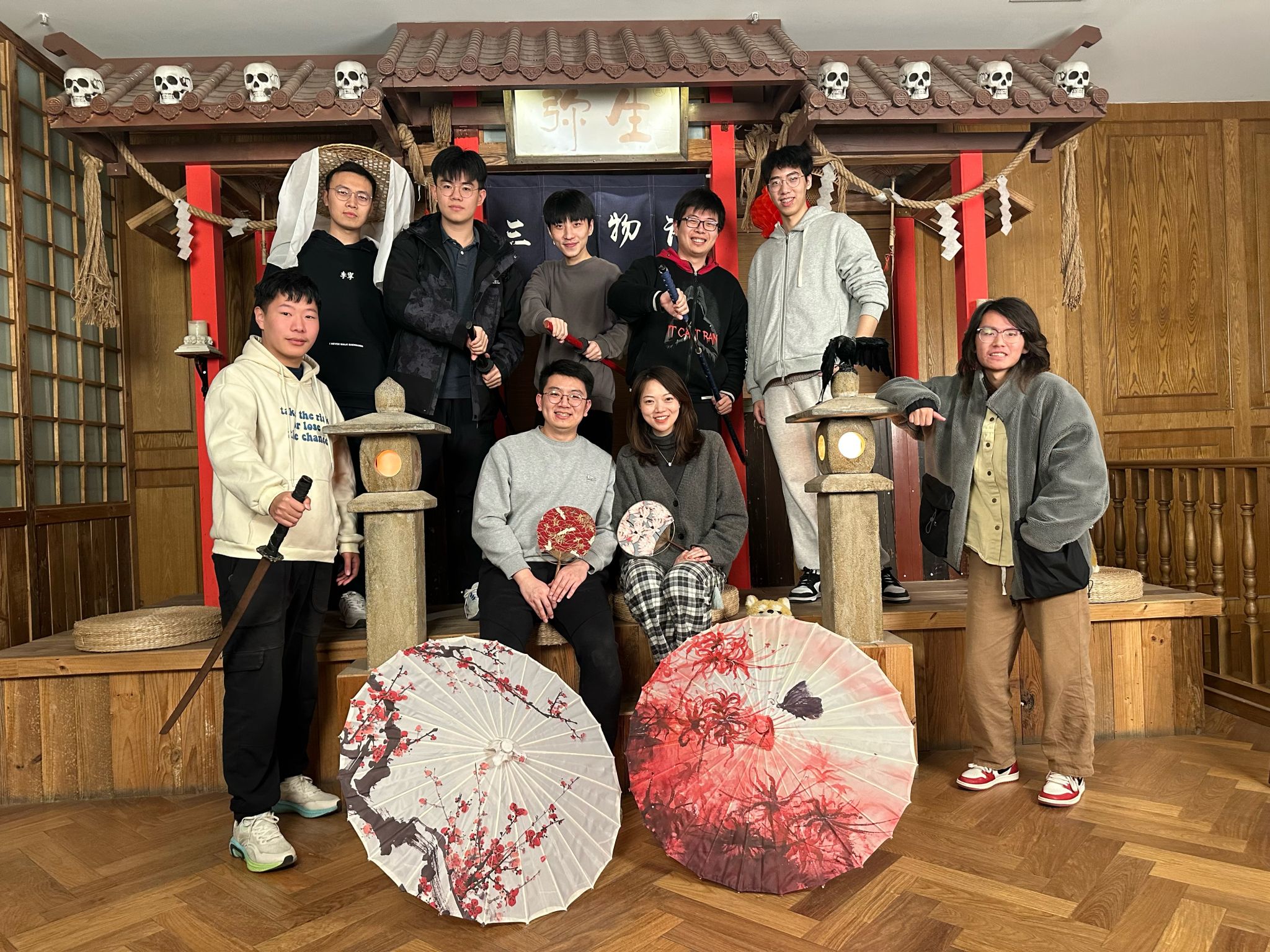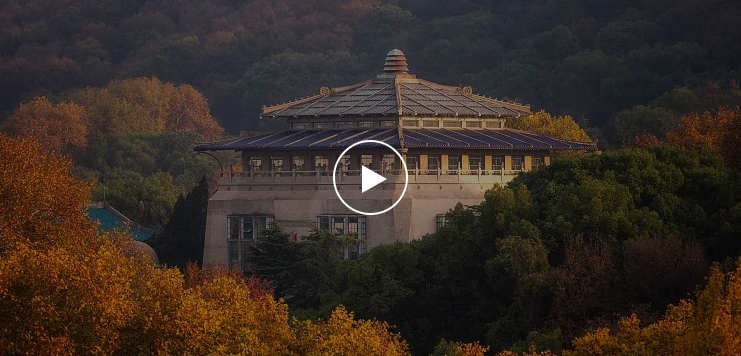LuoJianet Group at Wuhan University, Wuhan, China.
In 2021, it was approved as a major research project by the National Natural Science Foundation of China: "Construction of Large scale Remote Sensing Image Sample Library and Research on Open Source Remote Sensing Deep Network Framework Model" (project start and end time: January 2021 to December 2021), with the aim of solving the "bottleneck" problem in intelligent remote sensing processing and forming a fully stack autonomous and controllable intelligent remote sensing ecosystem;
On May 8, 2021, Wuhan University signed a remote sensing artificial intelligence cooperation agreement with Huawei;
On December 18, 2021, the Intelligent Remote Sensing Open Source Ecological Alliance (Remote Sensing Intelligent Computing and Open Source Application Branch of the China Remote Sensing Application Association) was established;
On January 6, 2022, with the support of the National Natural Science Foundation of China, the related achievements of LuoJiaNet&LuoJiaSet were released;
In May 2022, based on the achievements of the LuoJiaSet&LuoJiaNet series, we will create a "natural resource brain";
In June 2022, LuoJiaSet&LuoJiaNet officially launched the Huawei Shengsi Community, providing a large model experience area;
On August 9, 2022, the second meeting of the Intelligent Remote Sensing Open Source Ecological Alliance was held, and a white paper on industrial applications was released;
In December 2022, in cooperation with the Guangdong Provincial Land and Natural Resources Center, Luojia remote sensing intelligent processing results were adopted to carry out business application demonstrations of natural resource monitoring.
-
Bingnan Yang 1 , Mi Zhang 1† , Zhan Zhang 2 , Zhili Zhang 1 , Xiangyun Hu 1First Pubulished: 14 December 2023
-
Class-Agnostic Topological Directional Graph Extraction From Remote Sensing ImagesBingnan Yang, Mi Zhang, Zhan Zhang, Zhili Zhang, Xiangyun Hu First Pubulished: 15 December 2023
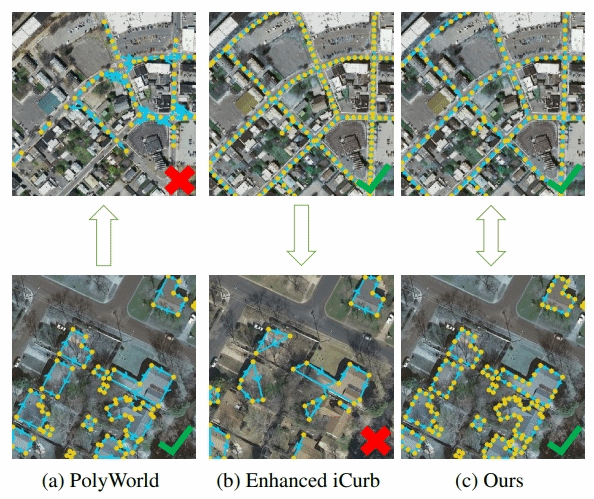
Rapid development in automatic vector extraction from remote sensing images has been witnessed in recent years. However, the vast majority of existing works concentrate on a specific target, fragile to category variety, and hardly achieve stable performance crossing different categories. In this work, we propose an innovative class-agnostic model, namely TopDiG, to directly extract topological directional graphs from remote sensing images and solve these issues. Firstly, TopDiG employs a topology-concentrated node detector (TCND) to detect nodes and obtain compact perception of topological components. Secondly, we propose a dynamic graph supervision (DGS) strategy to dynamically generate adjacency graph labels from unordered nodes. Finally, the directional graph (DiG) generator module is designed to construct topological directional graphs from predicted nodes. Experiments on the Inria, CrowdAI, GID, GF2 and Massachusetts datasets empirically demonstrate that TopDiG is class-agnostic and achieves competitive performance on all datasets.
- 1.Seminar on the Achievements of the Major Research Program on Basic Theory and Key Technologies of Space Information Networks, 20.March 2023
- 2.GSIS Follow | LuoJiaSET/LuoJiaNET Industry Application White Paper Heavily Released, 14.August 2022
- 3.The LuoJiaNET framework and LuoJiaSET sample library for intelligent remote sensing interpretation at Wuhan University have been officially launched in Huawei Shengsi Community, 02.June 2022
- 4.Intelligent remote sensing interpretation open-source sample library and specialized deep learning framework results release, 10.January 2022
- 1.Gong Jianya/Zhang Mi and others have made progress in the field of full stack autonomous remote sensing intelligent interpretation models and multi-agent systems, 10.December 2024
- 2.Luojia Laboratory Accelerates Forging a New Engine for Science and Technology Innovation, 09.September 2022
- 3.At this moment, LuoJia's "Gemini" is open to the world, 13.June 2022
- 4.Intelligent remote sensing interpretation open-source sample library and specialized deep learning framework results release, 10.January 2022
- 5.The Intelligent Remote Sensing Open Source Ecological Alliance has been established, with Academician Gong Jianya serving as the chairman, 22.November 2021
- 6.Wuhan University and Huawei sign a cooperation agreement on artificial intelligence projects in the field of remote sensing, 11.May 2021
- 1.The history of research and development related to LuojiaNet&LuojiaSet, 26.November 2023
|
CAS Member Professor and doctoral supervisor at Wuhan University |
Doctor of Engineering Professor, Doctoral Supervisor |
The data is being completed.
The LuoJianet team at Wuhan University is recruiting master's and doctoral students, as well as long-term postdoctoral and full-time research personnel (assistant researchers, associate researchers). Please contact Teacher Zhang directly, and applicants will send their resume materials to their email: mizhang@whu.edu.cn ,The unified format for the email subject is "Name+Hubei Luojia Laboratory+Job Application+Professional Direction".
Room 123, Annex Building, Aerospace Science and Technology Research Institute,
Department of Information Science,
Wuhan University, No. 129 Luoyu Road,
Hongshan District, Wuhan , China

